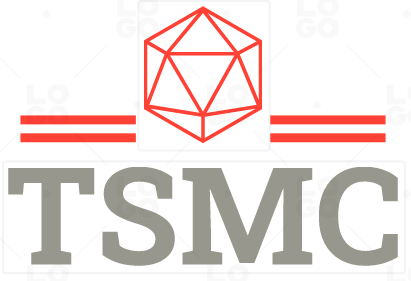Tattoo Jobs: Careers, Opportunities, and How to Get Started
Introduction
Tattoo jobs offer a unique blend of artistry, personal expression, and client interaction. As the tattoo industry continues to grow worldwide, skilled professionals are in demand — not just as tattoo artists, but also in roles ranging from shop management to marketing. Whether you’re an experienced tattooist or someone dreaming of breaking into the field, this guide covers the career paths, skills, and opportunities available.
Types of Tattoo Jobs
1. Tattoo Artist
- Role: Designs and applies tattoos for clients using various machines and techniques.
- Skills Needed: Drawing ability, steady hand, attention to detail, knowledge of hygiene standards.
- Path to Entry: Often requires completing an apprenticeship under an experienced artist.
2. Tattoo Apprentice
- Role: Learns the trade under the guidance of a professional tattooist.
- Duties: Assisting with cleaning, preparing equipment, observing techniques, and practicing on synthetic skin.
- Goal: Build a portfolio and gain hands-on experience before tattooing clients.
3. Piercer
- Role: Specializes in body piercings, often working in the same studios as tattoo artists.
- Overlap: Many tattoo shops employ piercers to offer a wider range of services.
4. Shop Manager / Front Desk
- Role: Handles bookings, payments, client inquiries, and day-to-day operations.
- Skills Needed: Organization, communication, customer service.
5. Tattoo Designer
- Role: Creates custom tattoo designs for clients or shops, sometimes without performing the tattooing.
- Best For: Artists skilled in digital illustration or hand-drawn designs.
How to Get a Tattoo Job
1. Build Your Portfolio
Showcase your artistic skills — whether hand-drawn or digital — with a variety of styles such as realism, tribal, traditional, and geometric.
2. Seek an Apprenticeship
Most tattoo artists start as apprentices to learn proper hygiene, needle techniques, and client management. Be prepared to:
- Work unpaid or for low pay initially.
- Spend months or years learning before tattooing professionally.
3. Understand Health & Safety Regulations
Knowledge of sterilization, cross-contamination prevention, and local licensing laws is crucial.
4. Network in the Industry
Attend tattoo conventions, visit local shops, and connect with artists on social media.
Working Conditions and Pay
- Environment: Most tattoo jobs take place in licensed studios, which can be creative and high-energy spaces.
- Pay: Tattoo artists often work on a commission basis, earning a percentage of each tattoo. Experienced artists with a strong client base can earn a substantial income.
- Flexibility: Many tattoo artists work by appointment, allowing for a flexible schedule.
Opportunities Beyond the Studio
Tattoo professionals can branch into:
- Teaching – Offering workshops and masterclasses.
- Tattoo Supply Sales – Selling machines, inks, and equipment.
- Brand Collaborations – Partnering with fashion or lifestyle brands.
- Traveling Artist Work – Guest spots at tattoo studios around the world.
Conclusion
Tattoo jobs aren’t just careers — they’re lifestyles built on creativity, skill, and personal connection. Whether you’re starting as an apprentice, managing a shop, or traveling as a guest artist, the tattoo industry offers diverse opportunities for those passionate about the art form.
If you’re ready to turn your love for tattoos into a career, start building your portfolio, seek a reputable apprenticeship, and immerse yourself in this dynamic industry.
